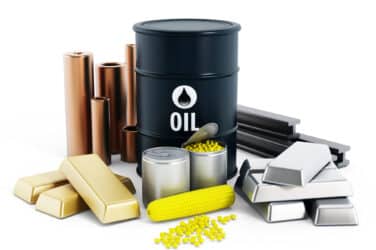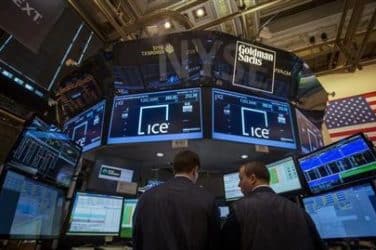
The high-profile collapse of two commodities brokerage firms in less than a year—first MF Global in October last year and now Peregrine Financial Group earlier this month—both for alleged misuse of customer funds, has triggered an industry-wide crisis of confidence in the futures markets.
And add to that the influx of new regulations on both sides of the Atlantic—aimed at restoring trust in the futures markets—that are likely to eat away at margins, as well as the continued growth in screen-based trading and resultant rise in high-frequency trading, it appears that this is a sector very much in flux.
“Regulations such as Dodd-Frank in the U.S. and Emir in Europe are putting huge pressures on commodity trading firms to adapt both their business processes and technology environments,” said Patrick Reames, managing director of CommodityPoint, a consultancy.
For the remainder of 2012, more short-term worries are also affecting market participants.
“Geopolitical events, an unclear demand and supply picture, and new activities by central banks—such as unconventional monetary policies like quantitative easing—are broadening the range of potential outcomes and risks for commodities transactions,” said Kirk Howell, chief operating officer of SunGard’s Kiodex business unit, which offers trading and risk management solutions for financial firms.
From all of this, SunGard, a trading and technology firm, has highlighted some trends that it believes will shape commodities trading in the coming months and years.
Firstly, SunGard thinks that the use of options will become an increasingly common way to hedge exposure while preserving the ability to profit from price volatility.
Firms will also recognize the importance of counterparty credit risk measurement in the aftermath of brokerage failures and as more volumes are cleared through exchanges. Real-time risk analytics and reporting will also be required to help control market and counterparty risk effectively and better value and assess trading decisions.
Central clearing will also drive a need for more precise analytics for predicting capital requirements and adequacy not only on a daily basis, but in real time. And electronic trading, with its near round-the-clock liquidity and more access to global exchanges, will create an increasingly diverse product set. SunGard also believes that data management will be increasingly important due to the increased volume and complexity of data.
“The growth of electronic and algorithmic trading, intraday price volatility and new regulations will require firms to change their business processes, especially for processing commodity derivatives,” said Howell.
SunGard also sees new instruments such as exchange-traded funds and structured products driving a need for cross-asset class platforms that can support trade capture valuation and monitoring. While commodity exchanges will become increasingly consolidated and global, with mature exchanges looking to Asia for growth and Asian exchanges looking to establish themselves through acquisitions.
For example, the Hong Kong stock exchange owner, Hong Kong Exchanges and Clearing (HKEx), clinched a deal earlier this month, worth $2.2 billion, to buy the London Metal Exchange (LME), the world’s largest metals market. Barring any last-minute play by U.K. regulators to block the merger, the move will likely see the beginnings of a shift eastwards of the center of power for commodities trading from Chicago and London towards China. The deal will also give the Asian bourse much-needed access to the commodities market while the LME will gain more traction in China, the biggest commodities buyer globally.






